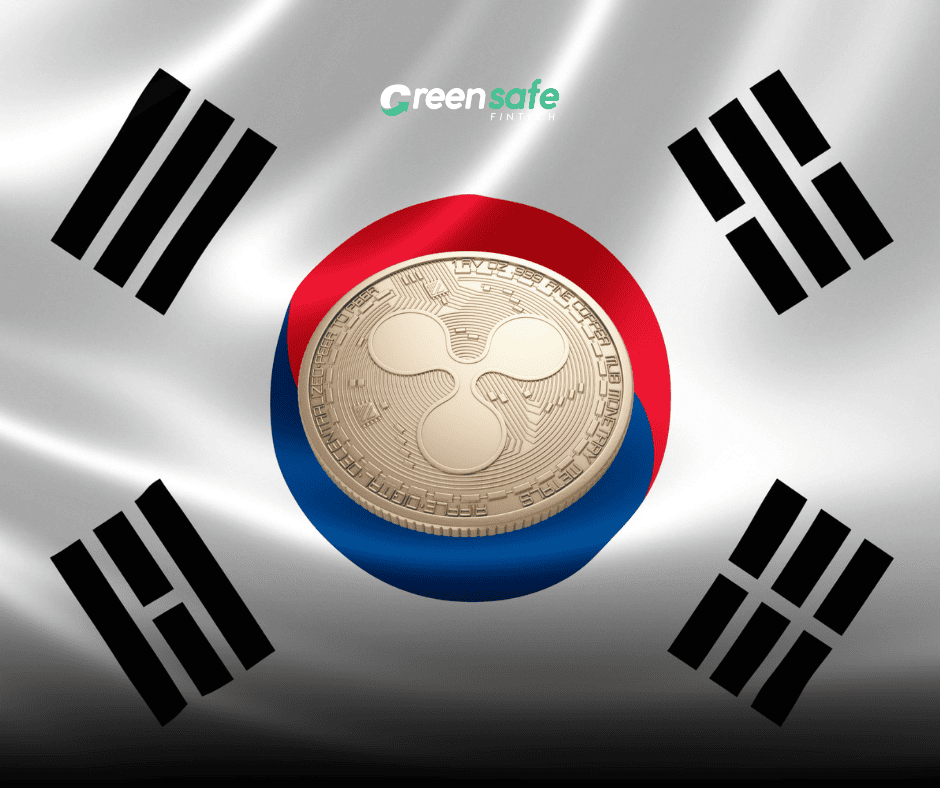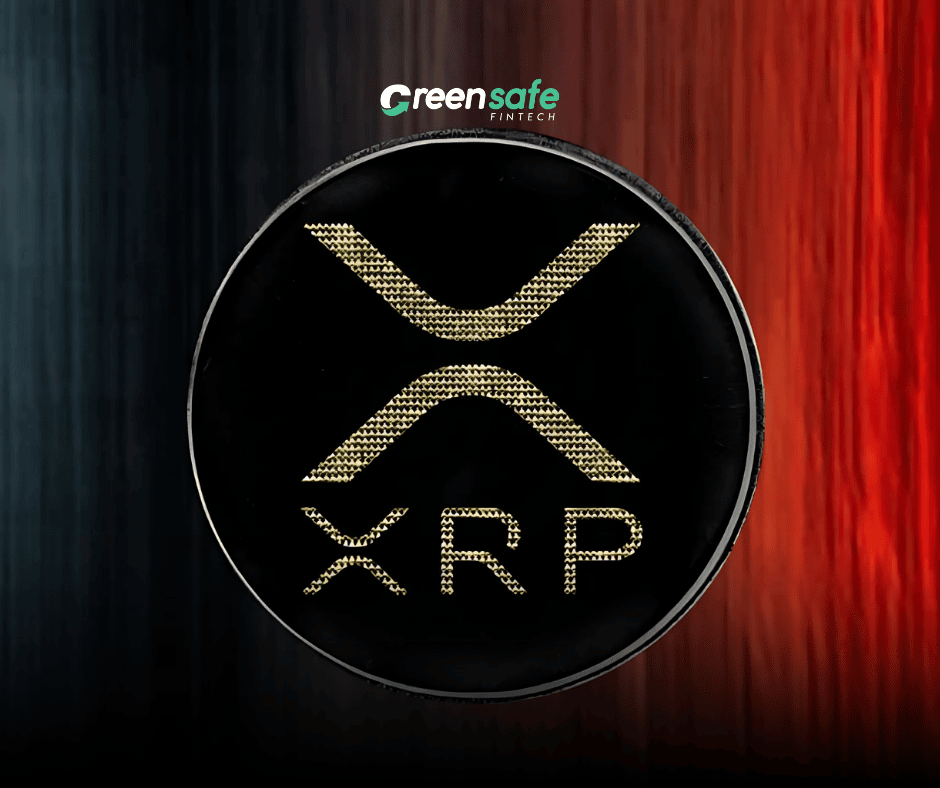The People’s Bank of China (PBOC) has placed cryptocurrency regulation in the spotlight in its recently released 2024 Financial Stability Report. While the Chinese mainland maintains its strict ban on cryptocurrency trading, the report highlights Hong Kong’s progressive approach, which includes actively exploring crypto licensing frameworks. This contrast underscores the divergent paths the mainland and Hong Kong have taken concerning digital assets.
Hong Kong’s Crypto Licensing Regime
Since September 2021, cryptocurrency trading and mining activities have been banned across the mainland under directives issued by the PBOC and other central authorities. In contrast, Hong Kong has adopted a more open stance. In June 2023, it officially launched a licensing regime for crypto trading platforms, permitting licensed exchanges to offer services to retail investors.
Additionally, Hong Kong mandates that major financial institutions, such as HSBC and Standard Chartered Bank, include cryptocurrency transactions in their regular customer monitoring processes. This move aims to enhance oversight and bolster financial security as the city seeks to attract more crypto firms to its shores.
Global Perspective on Cryptocurrency Regulation
The PBOC’s report notes that 51 jurisdictions worldwide have implemented bans or restrictions on cryptocurrency assets. Many of these economies have either adjusted existing regulations or introduced new legislation to address the challenges posed by digital currencies.
Despite these restrictions, the PBOC acknowledged that the international regulatory environment for crypto assets is evolving. The bank is collaborating with global bodies like the Financial Stability Board to enhance regulatory frameworks. The report emphasizes the potential risks cryptocurrencies pose, particularly as their applications in payments and retail investments expand. However, the PBOC maintains that connections between cryptocurrencies and systemically important financial institutions or core financial markets remain limited.
Balancing Risks and Innovation
The report reflects the PBOC’s cautious stance toward digital assets, focusing on mitigating risks while recognizing the increasing global interest in cryptocurrencies. As Hong Kong continues to position itself as a hub for digital asset innovation, the contrast with the mainland’s stringent policies highlights the complexities of navigating crypto regulation in a rapidly evolving financial landscape.











